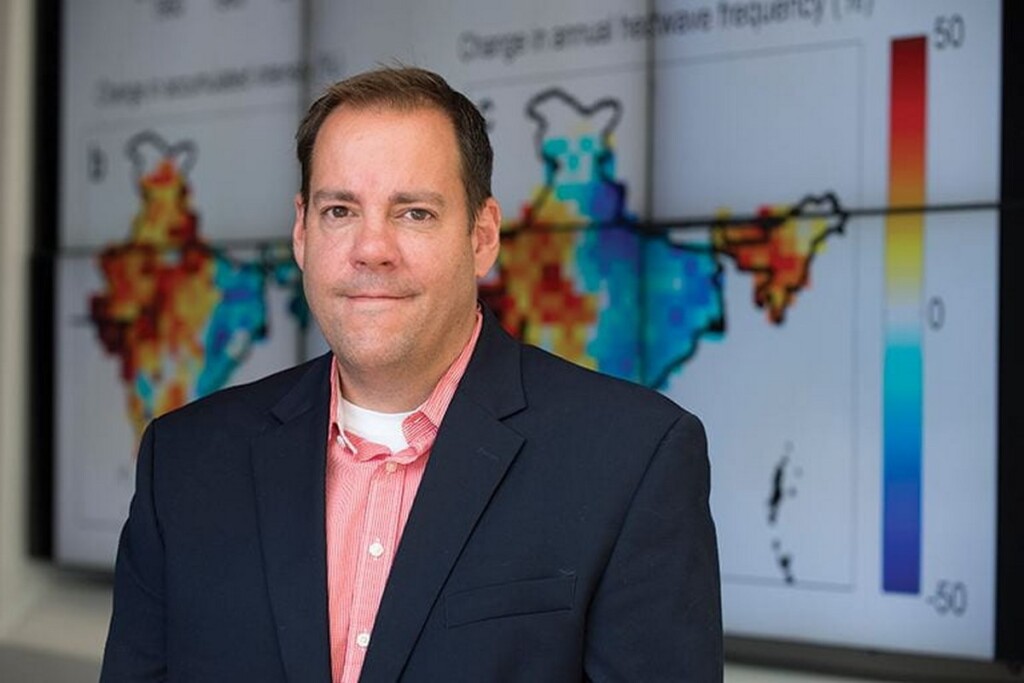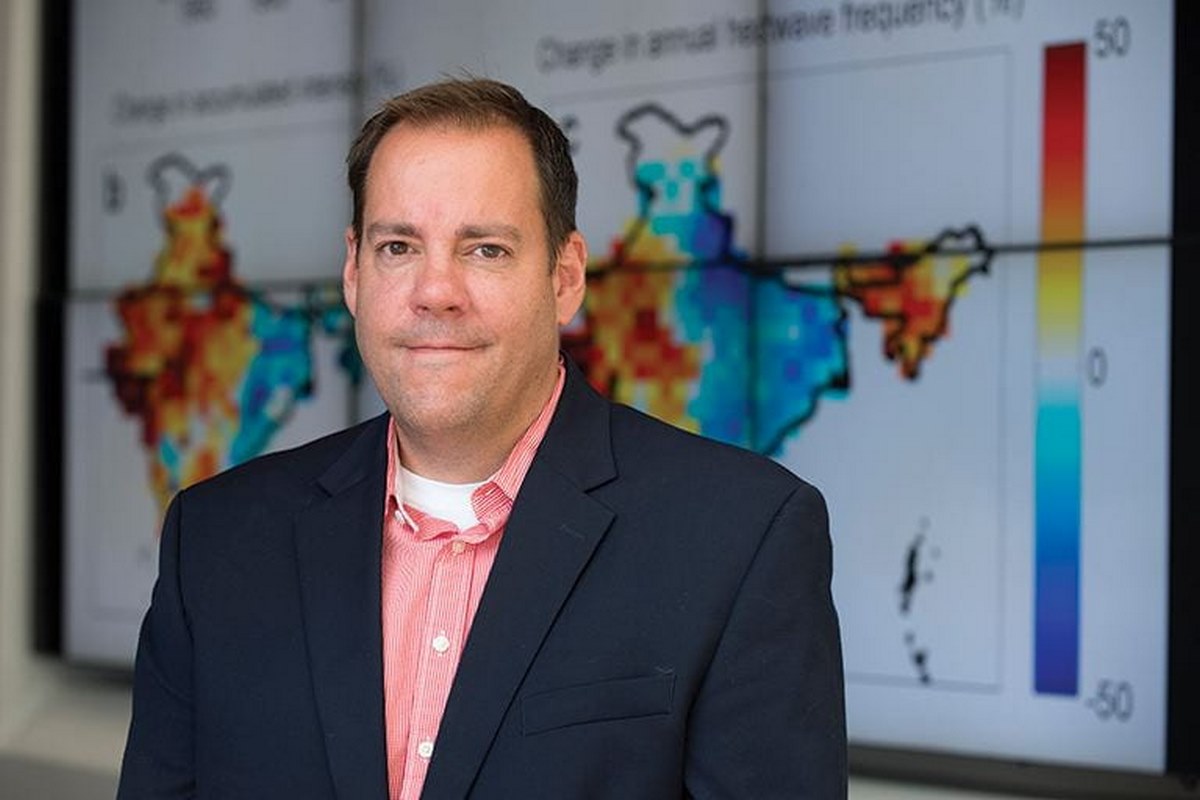
Lab-grown meat has been all over the news over the last 3 years, but one scientist at UC Irvine believes food scientists are missing the point—it’s monocropping soy, corn, and palm for the purposes of making cooking oils that have the hardest climate impact.
By synthesizing cooking fats, which is already done at a global industrial scale in soap production, humanity can return millions of acres of farmland to nature, save billions of gallons of water, avoid mass contamination of the environment with pesticides and nitrogen runoff that chokes sea life, and switch to growing more nutritious crops with the leftover acreage.
In a study published last week in Nature Sustainability, the UCI-led team of scientists assessed the potential for widescale synthetic production of dietary fats through chemical and biological processes.
The raw materials for this method are the same as those used by plants: hydrogen in water and carbon dioxide in the air.
“Large-scale synthesis of edible molecules through chemical and biological means without agricultural feedstocks is a very real possibility,” said lead author Steven Davis, UCI professor of Earth system science.
“Such ‘food without the farm’ could avoid enormous quantities of climate-warming emissions while also safeguarding biodiverse lands that might otherwise be cleared for farms.”
Davis and his co-authors highlight other environmental and societal benefits of farm-free food in the paper, including a reduction in water use and watershed pollution, local control over food production, diminished risk of weather-related food shortages, and less need for low-paying and physically demanding agricultural labor.
Another plus, according to Davis, would be the possibility of returning existing farmlands to a natural state, which could enhance biodiversity and build up natural carbon sinks. There were once 170 million acres of prairie in North America, and all but 1% of that is now agricultural land, according to the National Park Service. Tapping into the carbon storage potential of grasslands (which is higher than forests) could offset all of America’s emissions while restoring habitat for thousands of native species of flora and fauna.
“I like the idea of not depending on photosynthesis for everything we eat,” Davis told the UCI press. “At whatever scale, synthesizing food will alleviate competition between natural ecosystems and agriculture, thereby avoiding the many environmental costs of farming.”
Davis highlighted the practice of razing tropical rainforests to create space for palm oil plantations. Cookies, crackers, snack chips, and a lot of other middle-of-the-store products are made with dietary fats coming from this source. He asked if anybody would notice if the oil used to bake their cookies came from a food refinery up the road instead of a plantation in Indonesia.
MORE FOOD INDUSTRY RESEARCH: Scientists Find Methane is Actually Offsetting 30% of its Own Heating Effect on Planet
“Processed foods are thus a likely use for synthetic fats. Folks may be less concerned about what kind of fat is in a store-bought cookie or pie crust because they don’t know what’s in there right now,” he added.
The authors of the paper said they focused much of their attention on fats because they are the “simplest nutrients to synthesize thermochemically,” pointing to established large-scale soap-making and polymer chemistry techniques.
MORE GOOD CLIMATE SOLUTIONS: Researchers Harness Sunlight to Produce Both Power and Food—Using Light to Improve Each Harvest
The researchers estimated that agriculturally derived fats correspond to roughly 1 to 3 grams of emitted carbon dioxide per thousand calories, whereas molecularly identical fats synthesized from natural gas feedstock using available electricity would produce less than a gram of CO2 equivalent emissions, and nearly zero emissions if using carbon capture from the air and non-emitting sources of electricity.
“The beauty of the fats is that you can synthesize them with processes that don’t involve biology. It’s all chemistry, and because of that, you can operate at higher pressures and temperatures that allow excellent efficiency,” Davis said. “You could therefore build big reactors to do this at large scales.”
SHARE This Important Idea With Your Friends On Social Media-Get tThe Word Out…




















